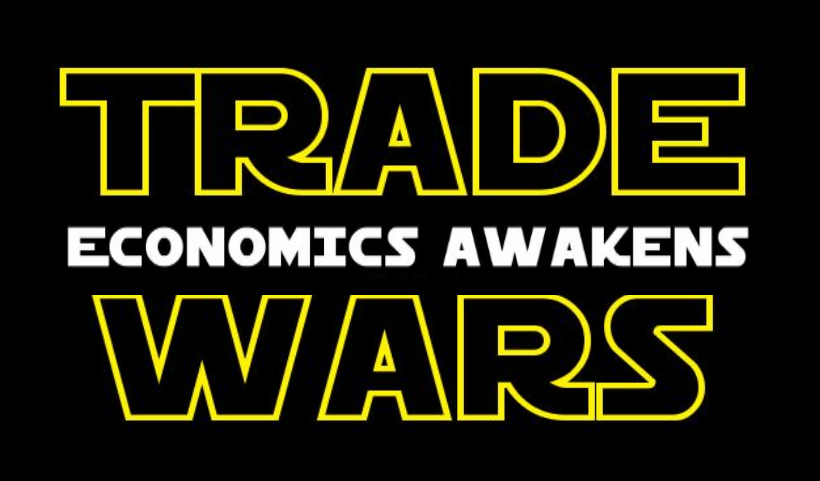Why We Should Be Teaching Students Economic Literacy


Making Economics Meaningful for Students
December 19, 2025 The Fund for American Studies’ Liberty and Leadership podcast features FTE’s own Amanda Stiglbauer, a longtime member of our…

The Economic Way of Thinking: The Key to Financial Literacy
April 10, 2025 Professor Jamie Wagner discusses how economics is the key to financial literacy. She is a Professor and…

Trade Wars – Economics Awakens (repost)
FTE is re-posting this article written during Trump 1.0. Much of what Professor Malek had to say about tariffs back…
